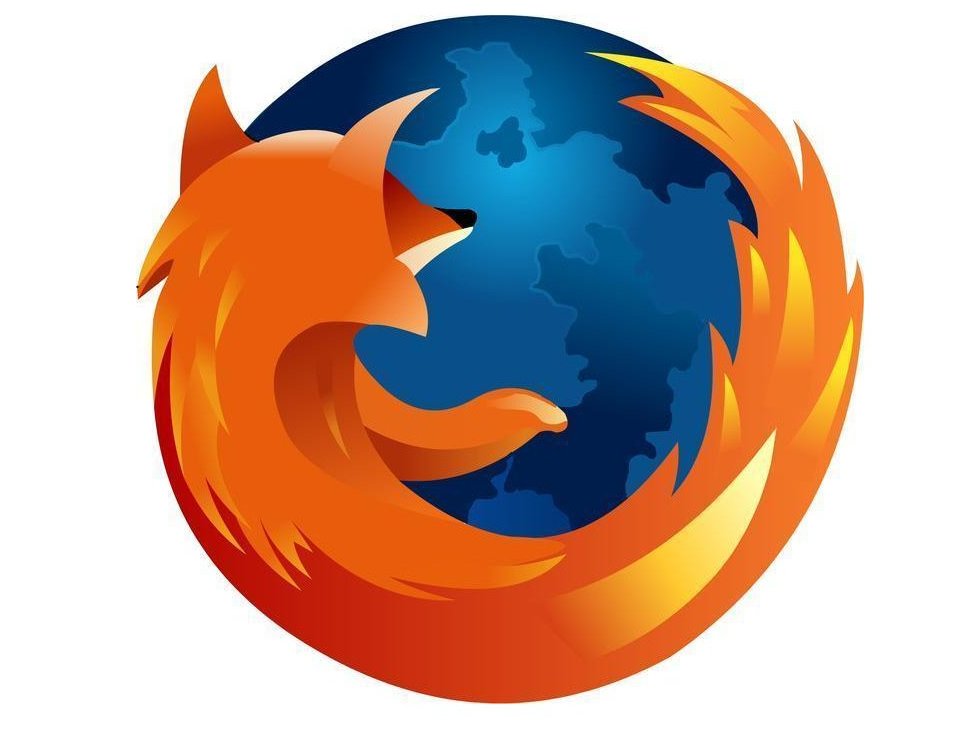
Google's worth a lot of money to Mozilla. Firefox's search box delivers serious amounts of cash: in its latest financial statement, Mozilla notes that "a search engine provider" accounted for 84% and 85% of royalty revenue for 2010 and 2009 respectively".
Mozilla might not want to name the provider in question, but let's face it, it isn't AltaVista.
The Firefox deal ran out last month, and Mozilla is being very cryptic about whether it's been renewed.
That means one of three things. One: we're still arguing about it. Two: we've come to an agreement, and we're bloody angry about it. Or three: the deal's off.
We might not know the "what" just yet, but we do know the "why": Chrome. Three years ago, Google really needed Mozilla. Now, it doesn't.
What about you?
Firefox under fire
The just-finished Google/Mozilla deal was inked in 2008, when the browser market looked very different. The only real rival to Microsoft's Internet Explorer was Firefox, and as a result a deal with Mozilla made lots of sense: as most people don't change their browser's default settings, being the default search option on Firefox kept the internet Googling.
Sign up for breaking news, reviews, opinion, top tech deals, and more.
Now, though, the heir apparent to Internet Explorer isn't IE; it's Google's own Chrome, which is now more popular than its inspiration. Firefox's market share has fallen slightly, but Chrome's has rocketed: it's gone from less than 5% of the market in November 2009 to 25.69% now. Our own stats confirm the shift: Chrome's been the most popular choice of TechRadar readers since October.
Firefox was a giant killer, but now the giant - IE6 - is dead and buried, its value to Google is dwindling: it's effectively asking Google to pay for giant insurance in a world where there are no more giants.
Its desktop share is in decline, eclipsed by Google's own browser, and even if people aren't running Chrome they're still typing "Google" into search bars or using other Google products - often on mobile, a massively growing market where the search options usually default to Google.
Google's currently undergoing an austerity programme, with new CEO Larry Page cutting the dead wood and concentrating on what really matters to the company.
Firefox, I suspect, isn't on that latter list - and if Google has or is planning to cut the size of the cheques it gives to Mozilla, then Firefox is in deep, deep trouble.
It's iterating too quickly for corporates, doesn't have Google's profile among average punters, has had all its best features nicked by the opposition and could now be losing its cash cow too. It doesn't look good, does it?
The problem, I think, is that I'm finding it hard to find an answer to a very simple question: who is Firefox for?
I can't answer that, because I can't think of a unique selling point for Mozilla's browser. Can you?

Contributor
Writer, broadcaster, musician and kitchen gadget obsessive Carrie Marshall has been writing about tech since 1998, contributing sage advice and odd opinions to all kinds of magazines and websites as well as writing more than twenty books. Her latest, a love letter to music titled Small Town Joy, is on sale now. She is the singer in spectacularly obscure Glaswegian rock band Unquiet Mind.